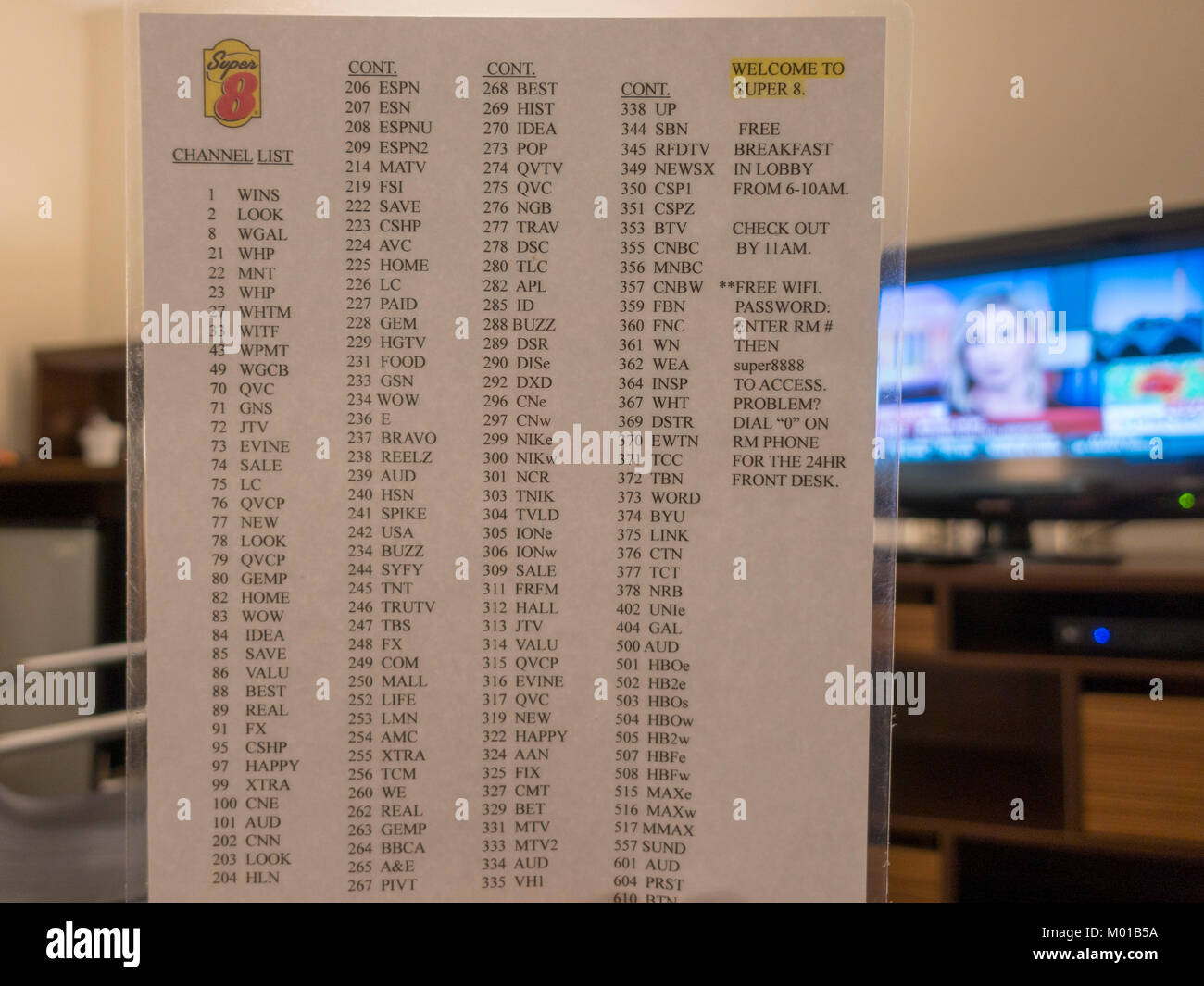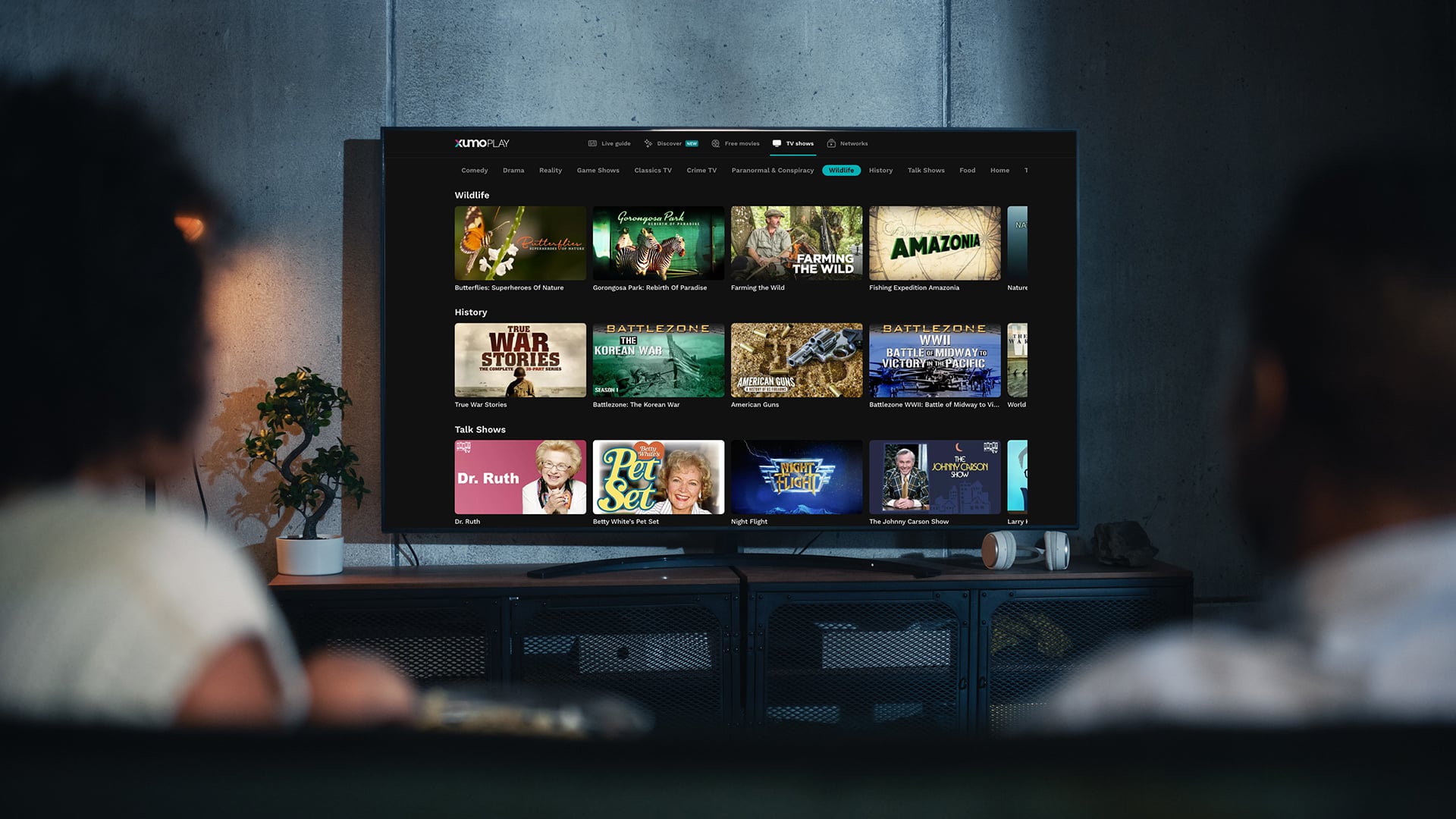Apollo Group Tv for Dummies
Apollo Group Tv for Dummies
Blog Article
Fascination About Apollo Group Tv
Table of ContentsApollo Group Tv Fundamentals ExplainedExcitement About Apollo Group TvThe Single Strategy To Use For Apollo Group TvThe smart Trick of Apollo Group Tv That Nobody is Discussing
In this circumstance, instead of having three-minute business places during a 30-minute television program, television shows might change to one where a customer will be needed to have a monthly membership, to make sure that they cen sight targeted banner ads. This sort of advertising and marketing currently takes place online, and the amount of information television companies collect enables them to do similar.Explain the major trends amongst the broadcasting and cord networks. Popular radio shows such as police dramatization Dragnet and western cowboy collection Gunsmoke were adjusted for television, and new Television shows were sponsored by solitary advertisers, simply as radio shows had actually been.
Today, the television sector is much more complex. Programs are funded by several marketers; programs is controlled by significant media conglomerates; and the 3 major networks no more dominate the airwaves but rather share their customers with various cable channels. Numerous elements make up these patterns within the sector, consisting of technical developments, government laws, and the production of brand-new networks.

The Greatest Guide To Apollo Group Tv
Developed in 1969, (PBS) created out of a report by the Carnegie Commission on Educational Tv, which examined the duty of academic, noncommercial television on culture. Public television was additionally intended to offer universal accessibility to television for customers in country locations or viewers that can not pay for to pay for exclusive television solutions.
The period in between 1950 and 1970 is historically acknowledged as the. Apart from a small portion of airtime managed by public tv, the 3 major networks (referred to as the Big 3) controlled the tv industry, collectively accounting for greater than 95 percent of prime-time watching. In 1986, Rupert Murdoch, the head of multinational firm News Corp, launched the Fox network, testing the dominance of the Big Three.
Targeting young and minority target markets with shows such as Buffy the Vampire Killer, Moesha, Dawson's Creek, and The Wayans Bros., the new networks intended to draw stations away from their old network associations. Rather than repeating the success of Fox, UPN and WB battled to make an effect. Incapable to attract many affiliate terminals, the two new networks got to fewer families than their larger rivals since they were inaccessible in some smaller sized cities.
This choice led the means for the advancement of cord motion picture networks, adding to the rapid development of cable television in the 1980s and 1990s. apollo tv. Further deregulation of cable television in the 1984 Cord Communications Policy Act got rid of restrictions on cable prices, making it possible for drivers to bill what they desired for wire services as long as there worked competition to the service (a standard that over 90 percent of all cable markets might fulfill)
The Definitive Guide for Apollo Group Tv

Having created the first "superstation," Turner broadened his realm by starting 24-hour information network CNN in 1980. At the end of the year, 28 nationwide programming services were available, and the cord change had actually begun. Over the next years, the market went through a duration of fast growth and appeal, and by 1994 viewers might pick from 94 standard and 20 costs cord solutions.
Figure 9 - https://allmyfaves.com/apollogtv01?tab=Apollo%20Group%20TV.16 Raised competition from wire channels has created a directory consistent decrease in the networks' audience ratings. During the 1950s, the expense of generating a single tv show enhanced as shows became longer and production costs rose. Sponsorship on network tv shifted from single sponsorship, in which a program was entirely supported and created by one marketer, to several sponsorship, in which marketers acquired 1- or 2-minute spots on the show
Choose one of the Big 4 networks and print out its weekly programming timetable. Enjoy the network's prime-time programs over the training course of a week, noting the target demographic for each show.
The smart Trick of Apollo Group Tv That Nobody is Discussing

Direct Television, usually referred to as standard program Television, includes cord and satellite tv., believe of it as the timeless means of enjoying TV that has been around for decades.
Report this page